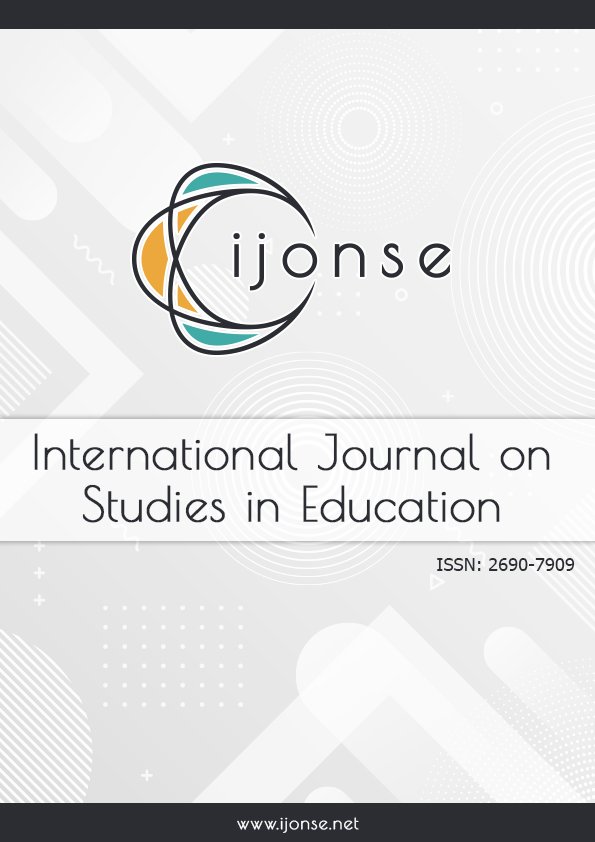Enhancing Listening Skills Using Games
DOI:
https://doi.org/10.46328/ijonse.21Keywords:
Enhancement, Listening skill, Tic Tac Toe Game, Running Dictation Game, Whispering GameAbstract
This study aims at finding out the most appropriate games for enhancing listening skills to students of the Faculty of the Economics Muhammadiyah University of Ponorogo. The process and the result of enhancing students’ listening skills of English were the main focuses of this study. Echeverría et al.’s model of classroom action research method was used to do this study. The technique consists of four stages, namely: (1) planning, (2) implementing, (3) observing, and (4) reflecting. The data was collected through the instruments were the listening tests, observation checklist, and questionnaires. The gained data were analyzed descriptively to know the process and the result of improvement caused by the application of each game. Based on the application of the games, the criteria of success were effectively reached in Cycle 2. 74% of the quantity of the students could obtain the scores more than 60, and 90% have assertive responses on the application of games. This means that using games is significantly useful to be used for enhancing the students’ listening skills.References
Syafii, M. L., Kusnawan, W., & Syukroni, A. (2020). Enhancing listening skills using games. International Journal on Studies in Education (IJonSE), 2(2), 78-107.
Downloads
Additional Files
Published
Issue
Section
License
Articles may be used for research, teaching, and private study purposes. Authors alone are responsible for the contents of their articles. The journal owns the copyright of the articles. The publisher shall not be liable for any loss, actions, claims, proceedings, demand, or costs or damages whatsoever or howsoever caused arising directly or indirectly in connection with or arising out of the use of the research material.
The author(s) of a manuscript agree that if the manuscript is accepted for publication in the International Journal on Studies in Education (IJonSE), the published article will be copyrighted using a Creative Commons “Attribution 4.0 International” license. This license allows others to freely copy, distribute, and display the copyrighted work, and derivative works based upon it, under certain specified conditions.
Authors are responsible for obtaining written permission to include any images or artwork for which they do not hold copyright in their articles, or to adapt any such images or artwork for inclusion in their articles. The copyright holder must be made explicitly aware that the image(s) or artwork will be made freely available online as part of the article under a Creative Commons “Attribution 4.0 International” license.

This work is licensed under a Creative Commons Attribution-NonCommercial-ShareAlike 4.0 International License.





